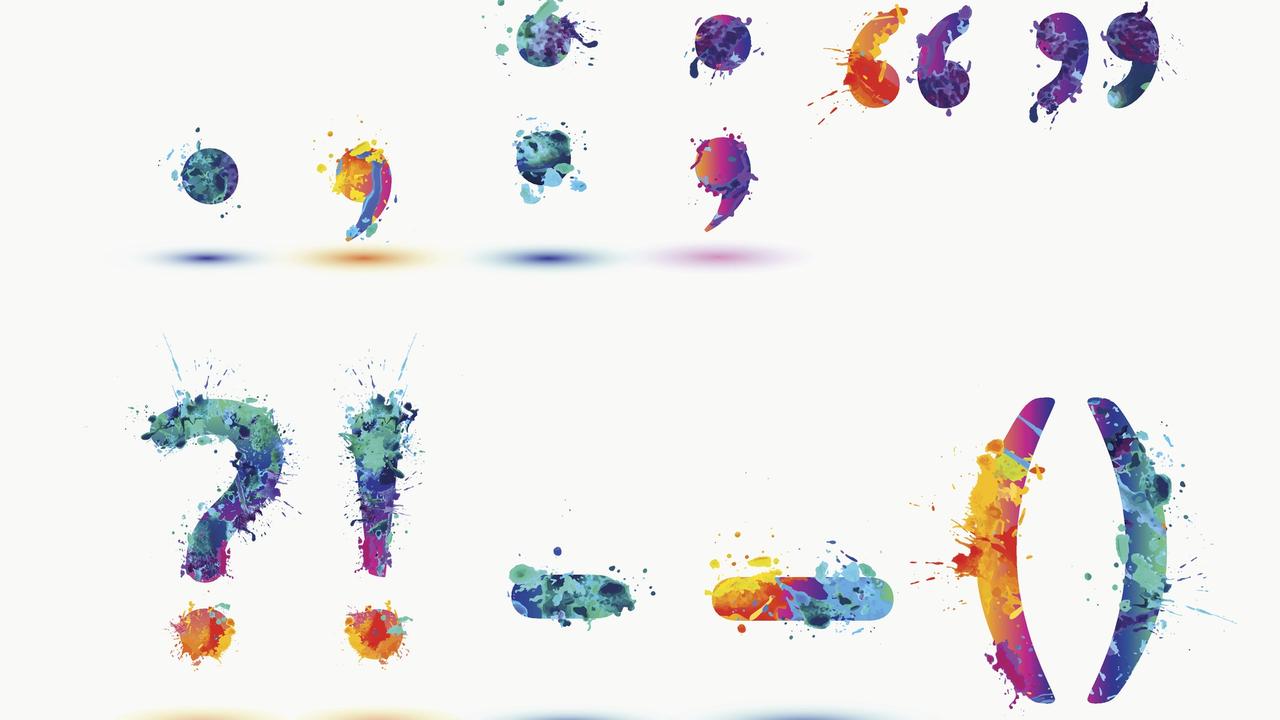Review: Embrace of the Serpent
A white man enlists Colombians to help him up the Amazon, and learns about the ‘end of everything’.
Embrace of the Serpent (M), national release. Score: 4 out of 5
The snake of the title slides into the imagination at times, including in the pre-titles sequence. A mother snake, jaws agape, writhes alongside its just-born young. Of course the embrace of a snake can be lethal too. “The jungle is fragile,” says the main character, Karamakate, a bit later on. “If you attack her she strikes back.”
The setting is Amazonian Colombia. Karamakate is a shaman and said to be the only survivor of his tribe. We meet him in two lifetimes: as a beautiful, muscular, headstrong young man (Nilbio Torres, who brings strength, intelligence and complexity to the role); and as an older, more forgetful but perhaps wiser man (Antonio Bolivar, who is also excellent).
On both occasions, he assists a white scientist-explorer: German ethnologist Theodor Koch-Grunberg in 1909; and American biologist Richard Evans Schultes in 1940.
The film draws on the diaries of these real-life explorers. Both are searching for the yakruna, a sacred plant that is said to have healing powers. The American is also following the footsteps and thoughts of his European predecessor, who posthumously published a book about his arduous adventure. He may also have ulterior, more material motives, with World War II raging in the distance.
Embrace of the Serpent is the third feature film of young Colombian director and screenwriter Ciro Guerra. It was filmed in the Amazonian region of his country, with cinematographer David Gallego capturing the beauty and terror of the untamed — and terribly tamed — jungle in striking black and white. Last year the film became the first Colombian contender for the best foreign language film Oscar, though the prize went to Hungary for the Auschwitz drama Son of Saul.
In one sense, this is a straightforward story. We follow the separate but related expeditions of Koch-Grunberg (Jan Bijvoet) and Schultes (Brionne Davis). Koch-Grunberg is desperately ill when we, and Karamakate, first meet him. He’s in a canoe, helped by Manduca (Yauenku Migue), a young man he saved from enslavement on a rubber plantation. “Go away,” are the first words we hear from the proud and solitary Karamakate. Then to his countryman: “I am not like you. I do not help the whites.”
But he does. He guides the German to the only site where the yakruna still exists. Decades later, he does the same for the American.
Both journeys are full of moments that are wonderful to see and moments that are hard to look at. Guerra’s depiction of the colonisation of the Amazon, especially via the rubber trade, is subtle but devastating. His take on the impact of Western religion is less subtle but still powerful.
First there is a brutal priest, next there is a white “messiah”. The little kids who were whipped by the first have become the brainwashed and brutal followers of the second.
There is humour too in this intersection of worlds of reality and myth. Karamakate and Manduca have their disagreements, but their shared laughter over Koch-Gunberg’s letter to his wife — all this fuss over a woman! — is a joy to watch, even if you don’t agree with them.
There are also absorbing thoughts about the nature of intelligence. The First World may have lots of “things”, as Karamakate calls the suitcases he demands be jettisoned, but it has destroyed the jungle and the people who called it home. Yet Karamakate’s handling of books he can’t read, or classical music he has never heard before, shows he is a sensitive man.
There is a wonderful scene where Karamakate asks Schultes how many sides a river has. The American thinks two. When Koch-Grunberg is annoyed that natives have stolen his compass, and so will lose their sun and stars sense of navigation, Karamakate says, “You cannot forbid them to learn. Knowledge belongs to all men.”
Perhaps he came to such thoughts on his own, or perhaps he did so after brave Manduca explained why he wanted to help the white men. They are teachers, he explains, and only through them will all white men learn about their people, their home, their country.
“It will be the end of us if whites don’t learn. It will be the end of everything.”




To join the conversation, please log in. Don't have an account? Register
Join the conversation, you are commenting as Logout